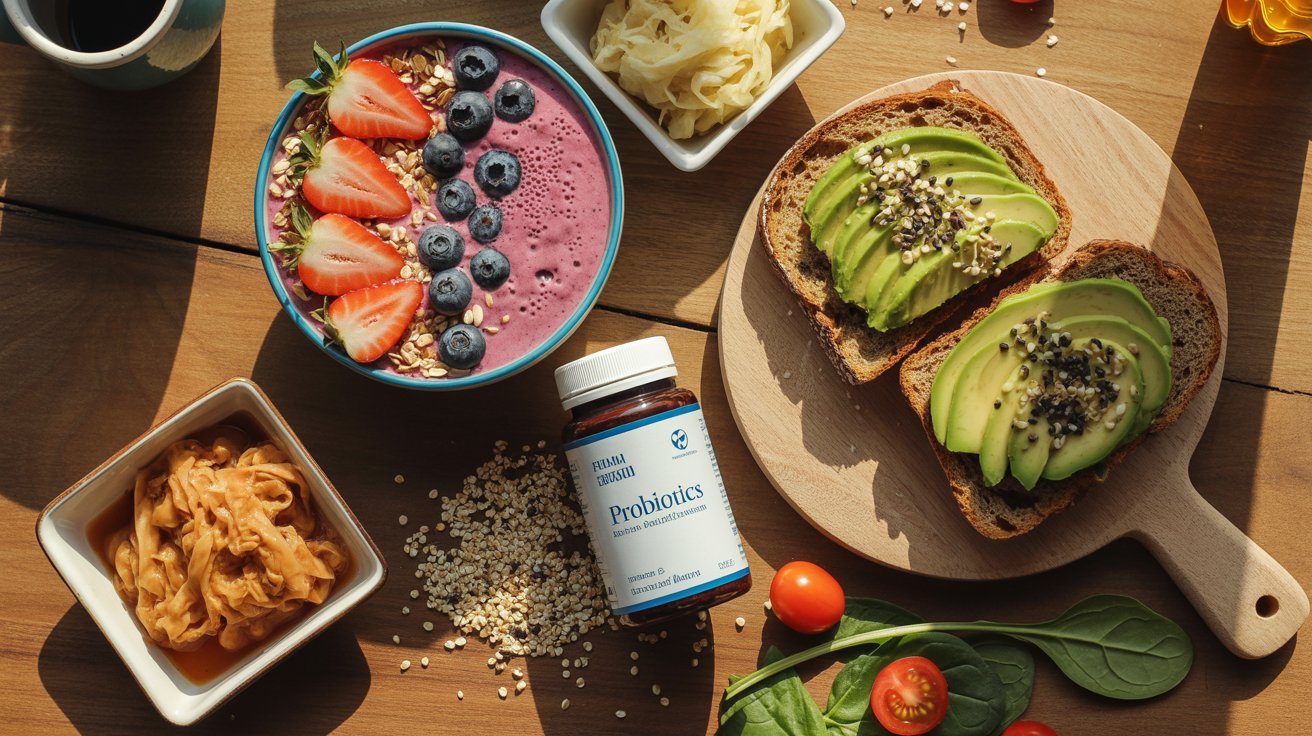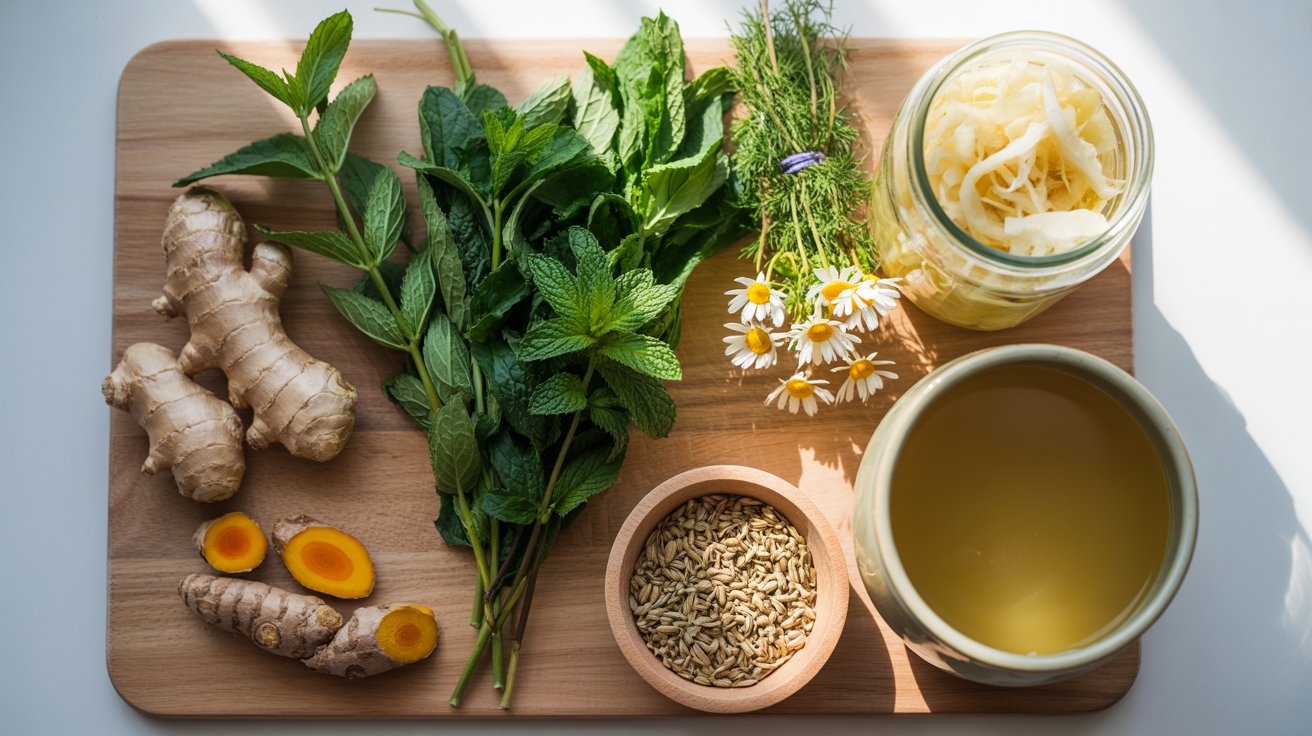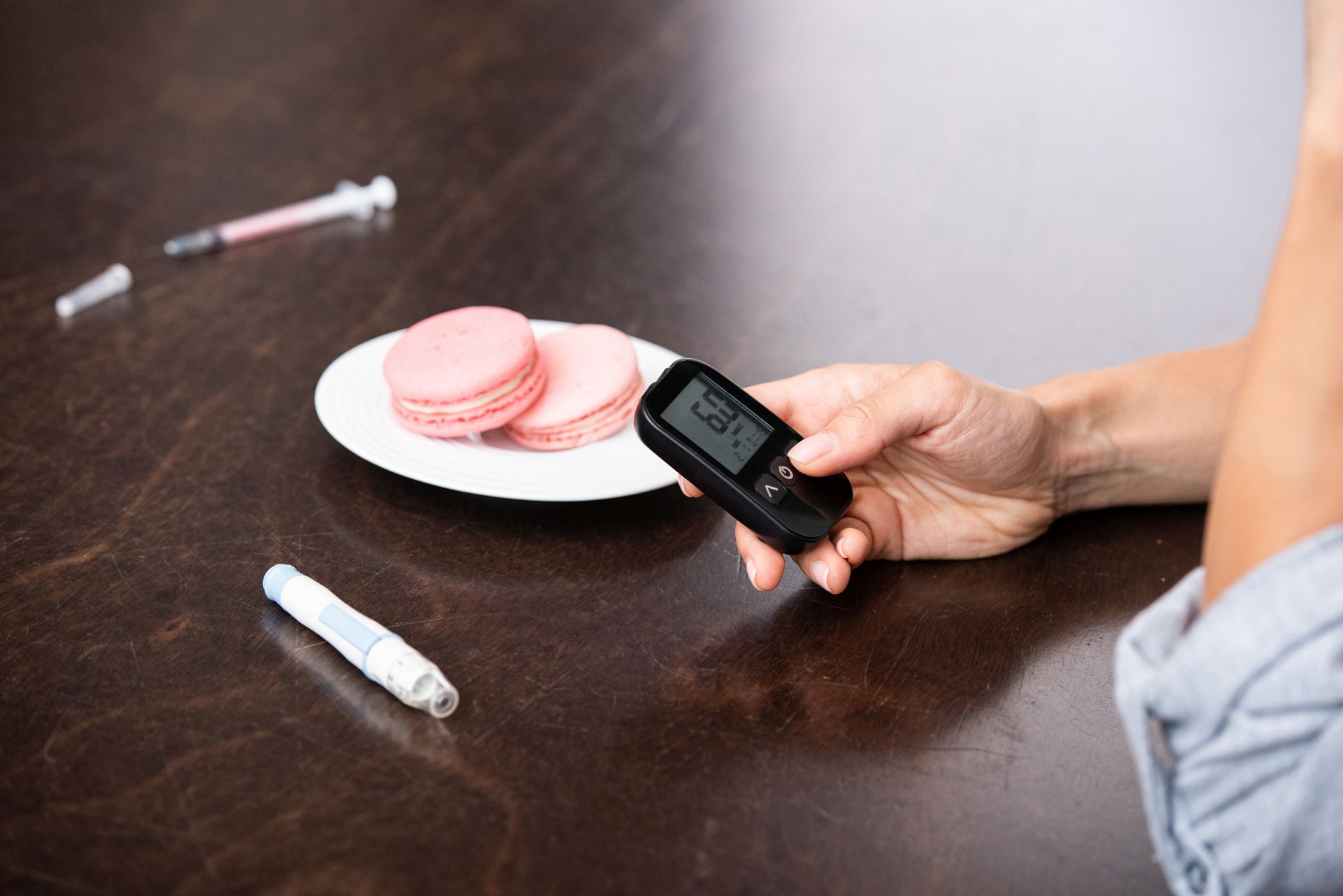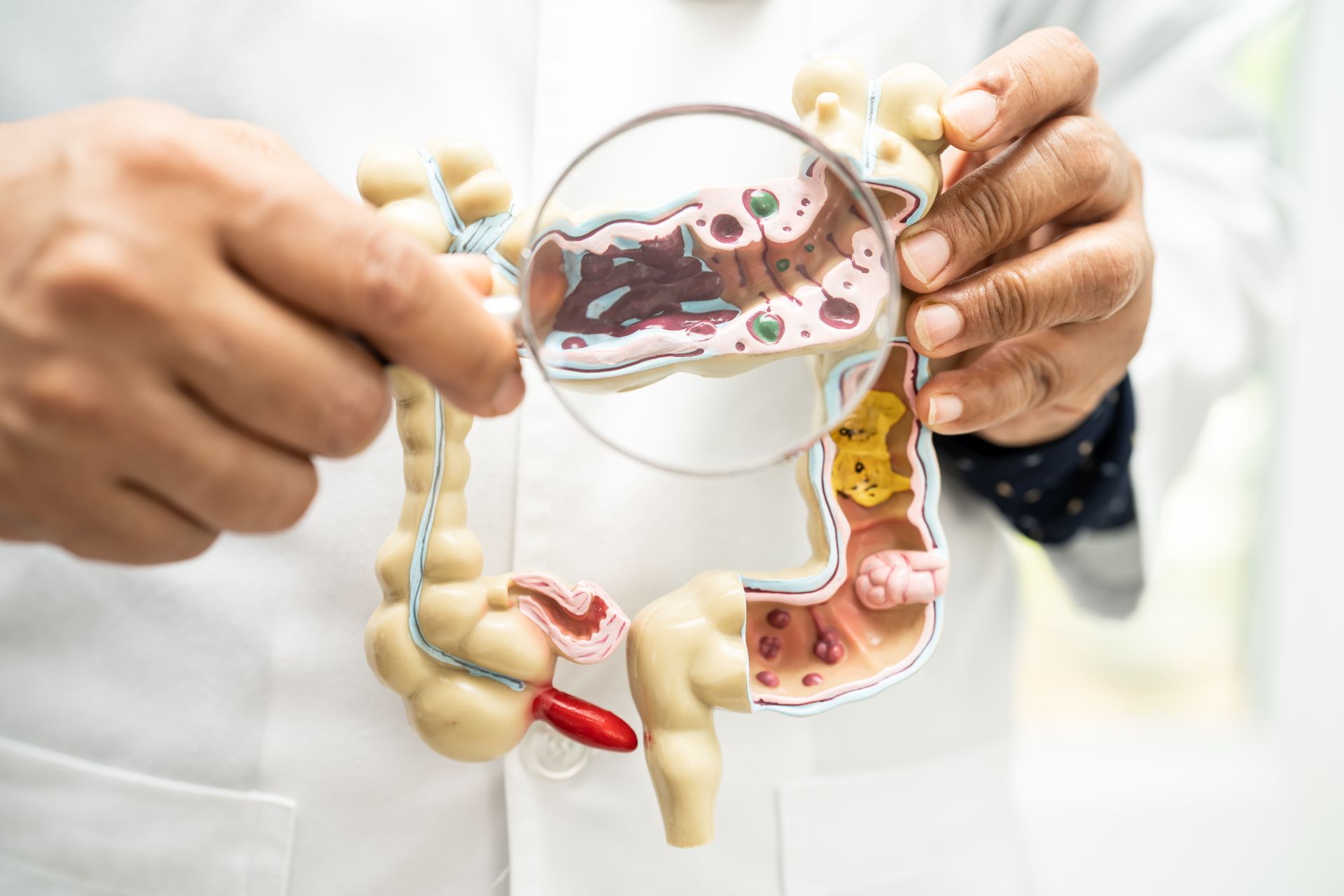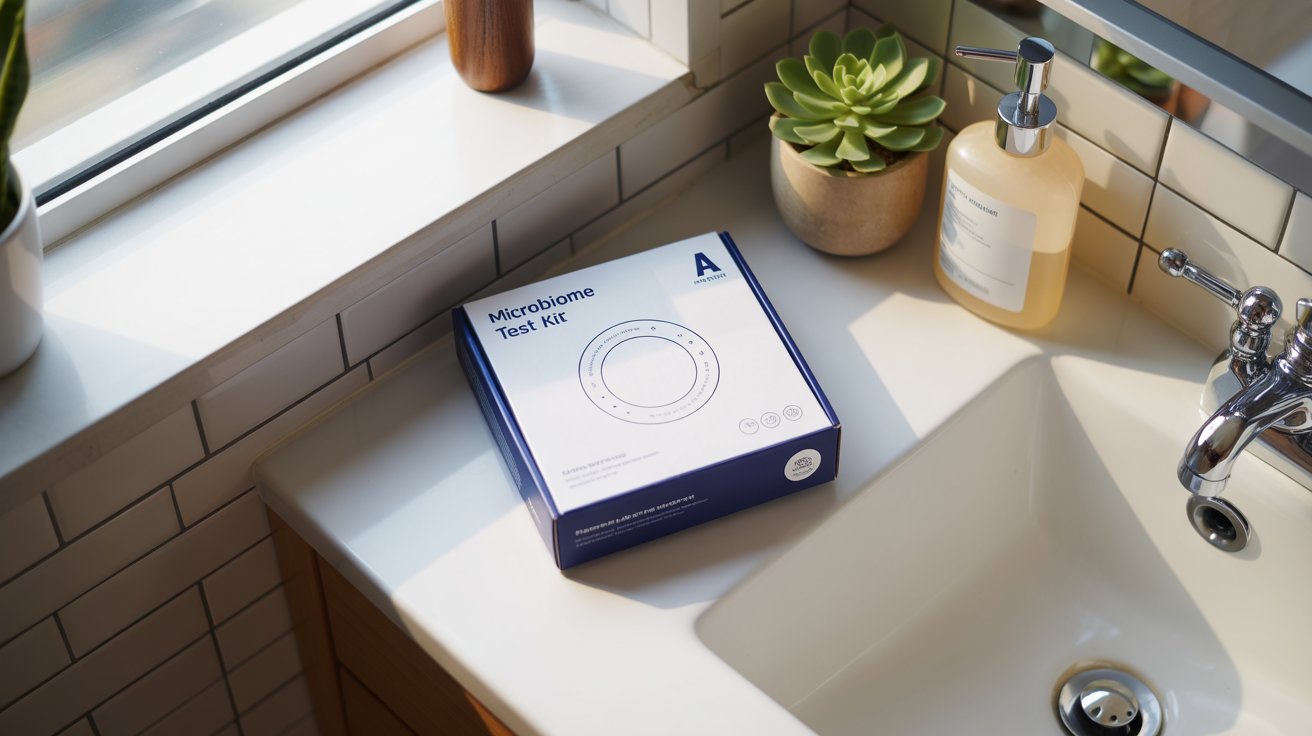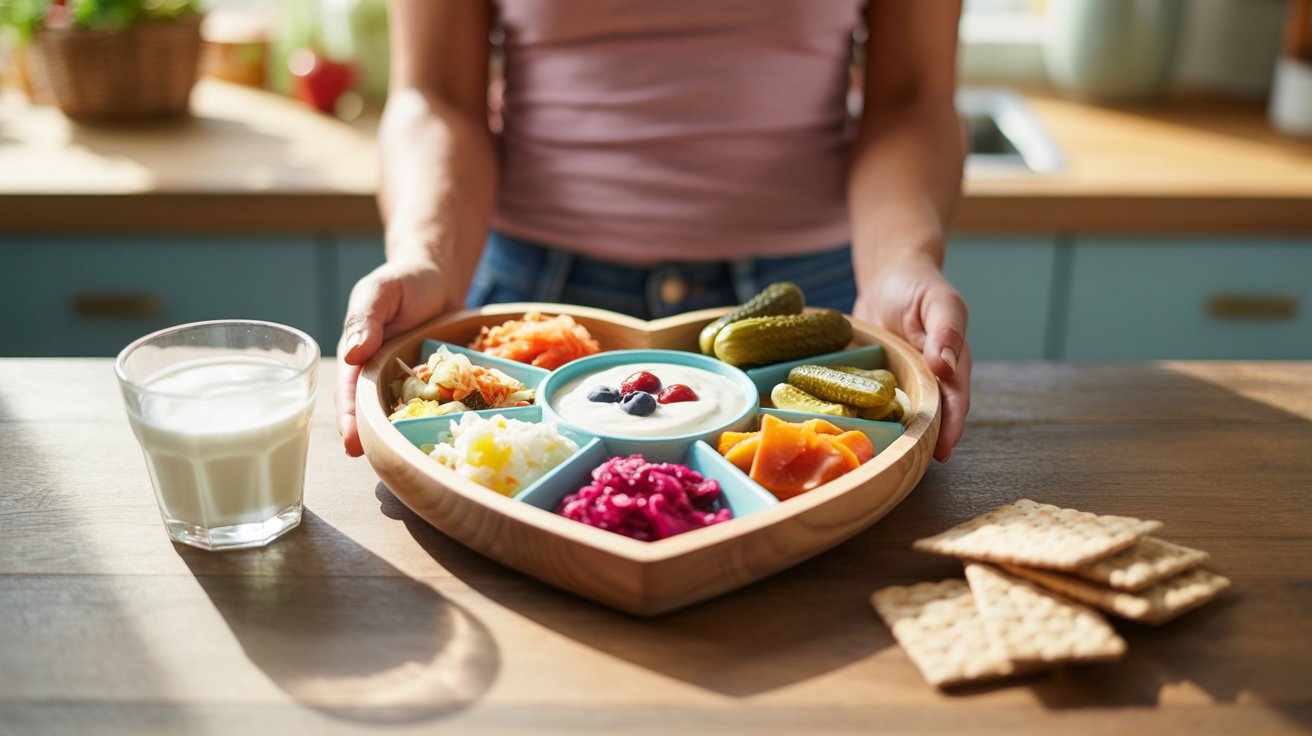You know those days when you’re just off—your brain’s foggy, your mood’s swinging like a monkey on a jungle gym, and even your morning coffee doesn’t hit right?
Here’s a wild thought: maybe it’s not your mood. Maybe it’s your gut.
That’s right. The connection between gut health and mental health is real, powerful, and honestly kind of mind-blowing once you dig into it.
So grab your tea (maybe kombucha?), settle in, and let’s talk about what your belly has to do with your brain—and what you can actually do about it.
Your Gut and Brain? Basically BFFs with Secret Signals
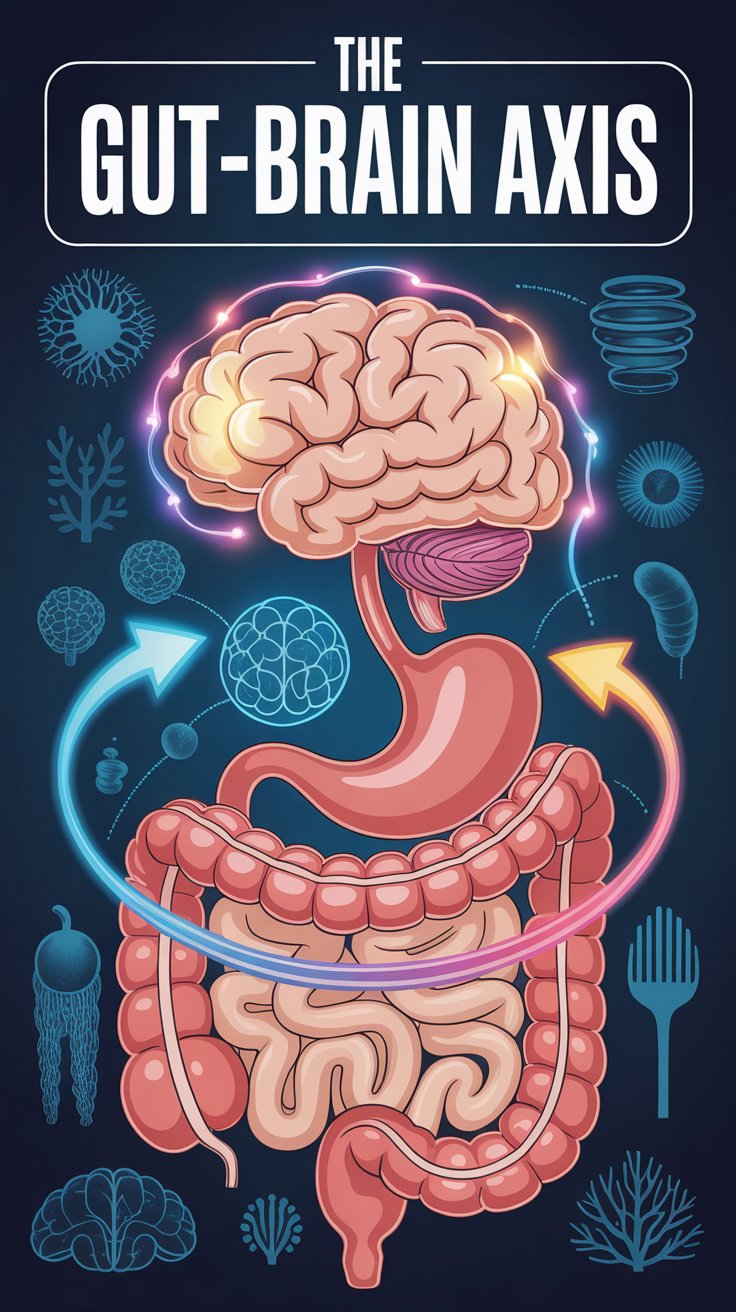
Okay, here’s the thing: your gut and brain are in constant communication. They talk 24/7 through something called the gut-brain axis. Sounds sciencey, but it’s just a fancy way of saying there’s a two-way street of signals zooming between your tummy and your noggin.
And get this—your gut makes around 90% of your serotonin, the “feel-good” brain chemical everyone’s always chasing. If your gut’s unhappy, that chemical balance gets thrown off, and suddenly your emotions feel like they’re on a rollercoaster with no brakes.
You might think of anxiety or depression as “all in your head,” but your gut could be the one calling the shots. Cool? Kinda. Creepy? A little. But definitely something we can work with.
Mood Swings, Brain Fog, and Bloating? It Might Be Your Microbiome
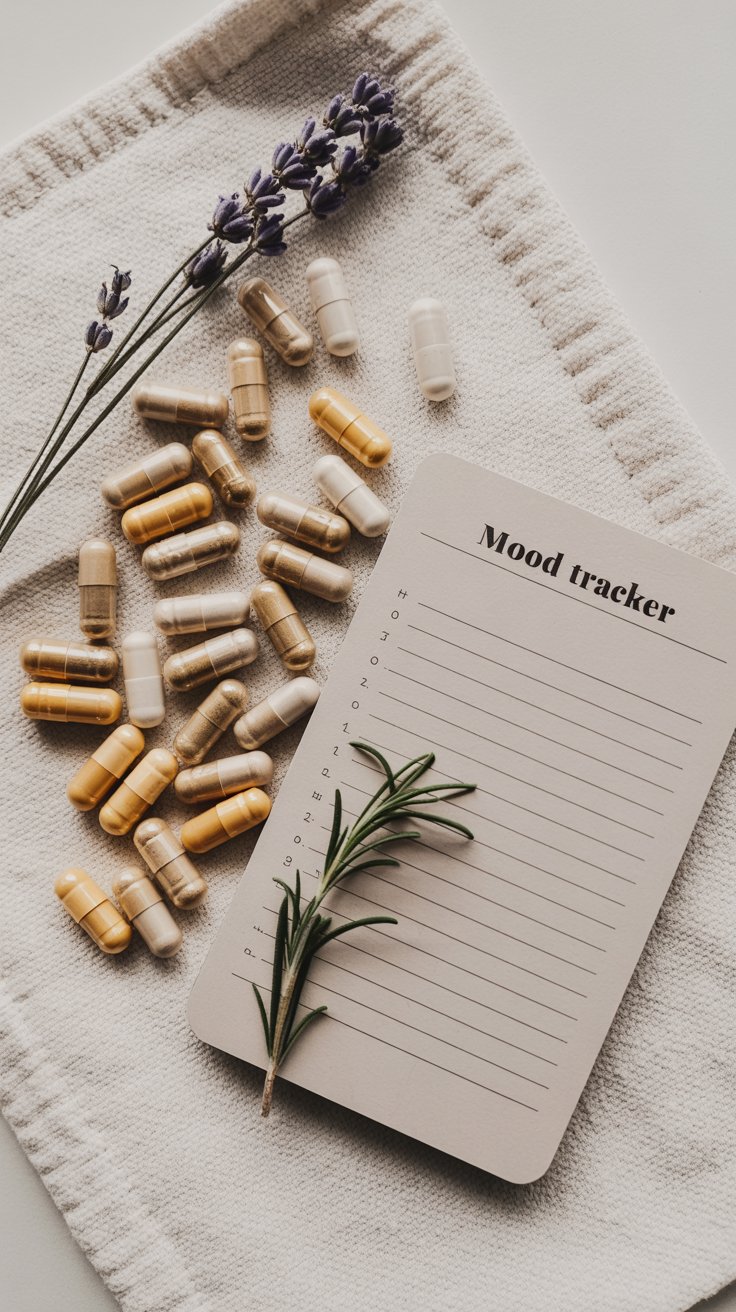
Let’s talk bugs. Friendly ones.
Inside your gut lives an entire universe of bacteria and other microorganisms—your gut microbiome. When it’s balanced and happy, you feel more emotionally stable, energized, and clear-headed. When it’s out of whack? Not so much.
This imbalance, called dysbiosis, can lead to inflammation that affects your brain just as much as your belly. You might feel foggy, sad, irritable, or like your usual coping skills went on vacation without telling you.
And here’s the kicker: you can feel mentally off even if your digestion seems “fine.” The gut-brain connection runs deeper than whether you’re bloated after lunch. Sometimes, it’s sneaky.
What You Eat Literally Changes How You Feel

I know, I know—everyone’s always talking about “you are what you eat,” but when it comes to gut health and mental health, it’s not just talk.
Your gut bacteria thrive on fiber, fermented foods, and healthy fats. And when they’re thriving, you’re thriving—mentally, emotionally, and yes, even spiritually if you’re into that kind of thing.
Now, I’m not about to tell you to go full kale-chia-avocado overnight. But maybe, instead of reaching for ultra-processed snacks all day, you toss in a spoonful of yogurt with live cultures or enjoy a side of kimchi with dinner.
Little gut-loving swaps can lead to surprisingly big changes in your mood and clarity.
Food isn’t just fuel. It’s information. And your gut bacteria are paying close attention.
Wait—So Probiotics Can Help with Anxiety?
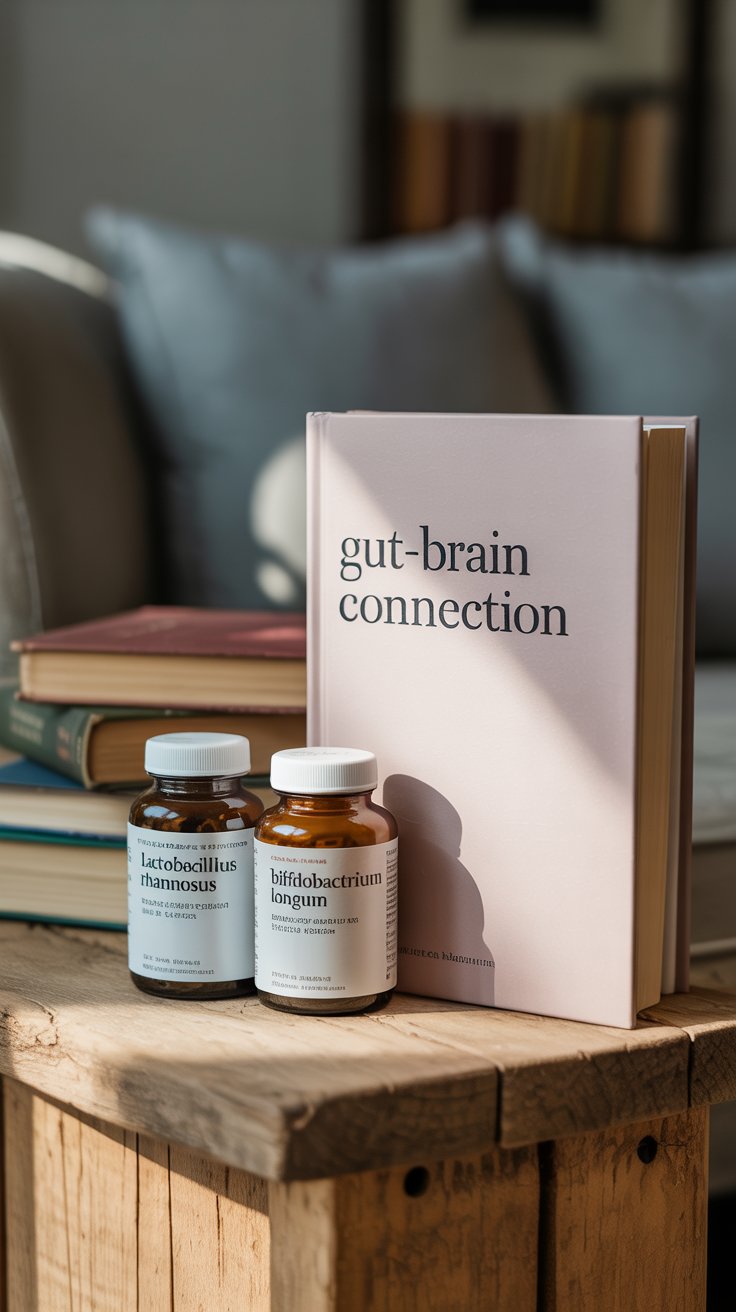
Not all probiotics are created equal, but some strains are straight-up mood-boosters.
Yep, science has a word for them: psychobiotics. These are friendly bacteria that help calm the nervous system and improve how your brain handles stress.
You can find these in some high-quality probiotic supplements or fermented foods like kefir and sauerkraut. Just don’t expect overnight magic.
Give your body a few weeks to notice the shifts, and maybe keep a journal so you can spot the changes more clearly.
The idea that a daily dose of “good bugs” could support your mental health? It’s not a pipe dream. It’s legit.
Gut Health, Autoimmune Issues, and the Mental Health Puzzle

Let’s take a moment to talk about the bigger picture. If you’ve been dealing with weird symptoms no one can seem to explain, like brain fog, fatigue, or joint pain, it might be worth looking into your gut’s role in autoimmune conditions.
A damaged gut lining (often called “leaky gut”) can confuse your immune system. Suddenly, your body’s attacking healthy tissue, and both your gut and brain take the hit.
Conditions like Hashimoto’s, rheumatoid arthritis, psoriasis, and even lupus have been linked to poor gut health. And what comes with those? Often, chronic stress, depression, and anxiety. See where this is going?
Heal the gut, and you may notice improvements everywhere, including your mind.
So What Can You Actually Do Today?

Let’s keep this doable. You don’t need to overhaul your life by 3 p.m.
Just start somewhere. Maybe it’s replacing one afternoon snack with something gut-friendly, like a banana and peanut butter or a probiotic drink.
Or taking a 15-minute walk after lunch.
Or prioritizing sleep like your sanity depends on it (because honestly, it does).
Even chewing more slowly helps your gut do its job better. It’s all connected.
And if you’ve been feeling stuck in your mind, like the fog, the blahs, the stress won’t budge, maybe it’s time to stop blaming your brain and start showing your gut some love.
Because your gut is shaping how you think, feel, and show up in your life.
Gut Feelings Aren’t Just a Metaphor

At the end of the day, the connection between gut health and mental health is one of the most powerful and underappreciated truths about our bodies.
It’s not about chasing perfection. It’s about tuning in. Listening to those gut feelings and giving your body what it needs to help your mind thrive.
Your belly has a lot to say about your brain.
And when you support your gut, you just might find a version of yourself that feels a little clearer, a little calmer, and a whole lot more you.

